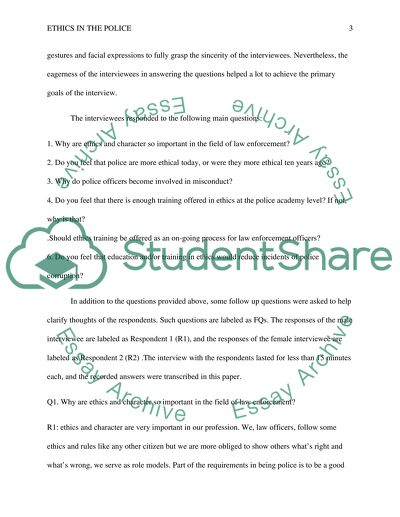Cite this document
(“Ethics in the Police Service Assignment Example | Topics and Well Written Essays - 3000 words”, n.d.)
Retrieved de https://studentshare.org/law/1390768-interview-analysis
Retrieved de https://studentshare.org/law/1390768-interview-analysis
(Ethics in the Police Service Assignment Example | Topics and Well Written Essays - 3000 Words)
https://studentshare.org/law/1390768-interview-analysis.
https://studentshare.org/law/1390768-interview-analysis.
“Ethics in the Police Service Assignment Example | Topics and Well Written Essays - 3000 Words”, n.d. https://studentshare.org/law/1390768-interview-analysis.


